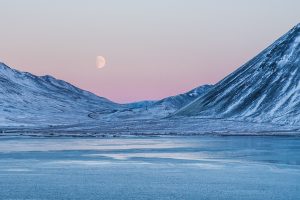Seeking Refuge in New Federal Lawsuit

Washington Attorney General Bob Ferguson’s key goal is to preserve the land of the arctic refuge. Led by Ferguson, a federal lawsuit has been filed in the hopes of stopping the progression of plans to drill for oil and gas in this northeastern region of Alaska. For anyone who has watched the television show, The Last Alaskans, it is easy to see and appreciate the desolate landscape of snow, trees, and wildlife. Inhabited by seven or eight families, the current residents of the refuge may maintain cabin permits up until the death of their last-born child.


